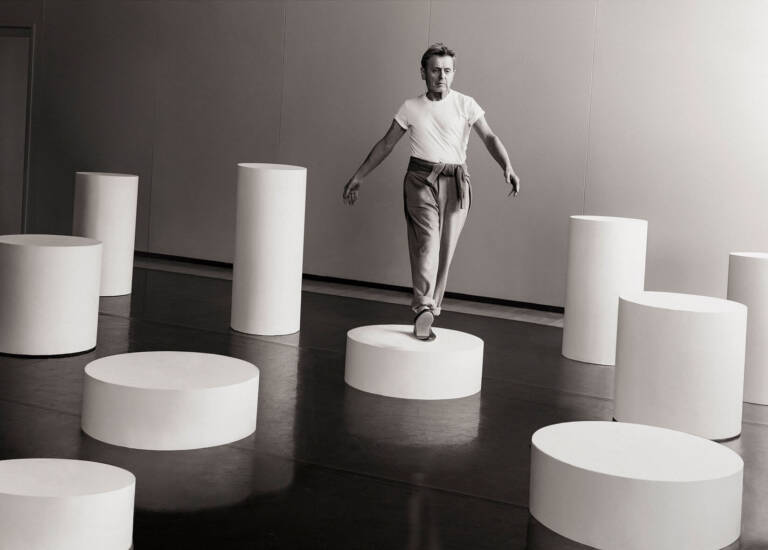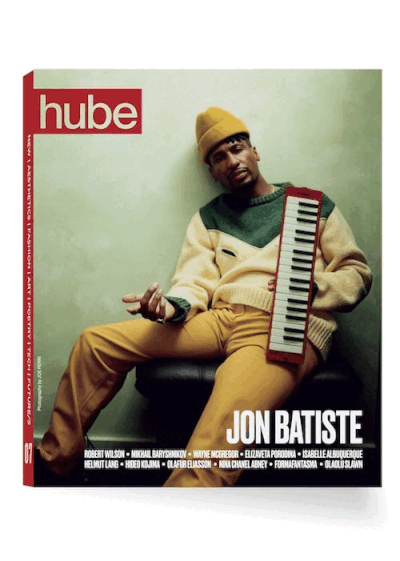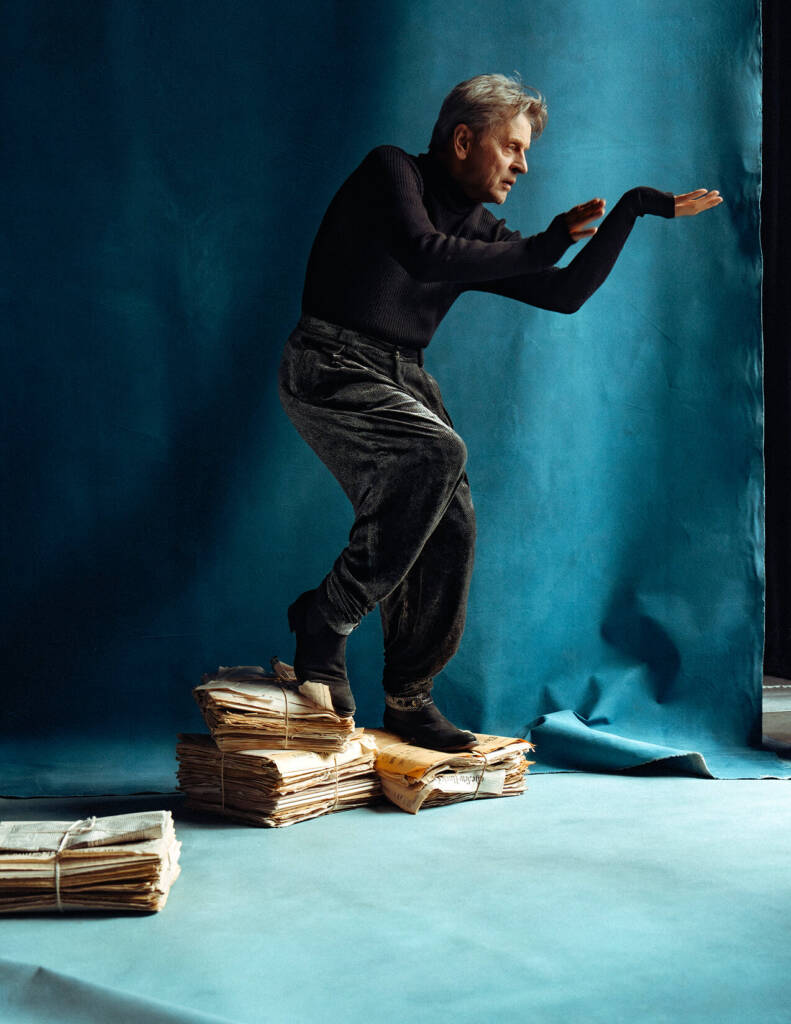
The late Nobel laureate Joseph Brodsky described Mikhail Baryshnikov’s movement as “pure body metaphysics,” saying it “burst from the framework of ballet.” In his longtime friend, Brodsky recognised something beyond talent and technical mastery—movement that reveals presence as being. When Baryshnikov takes the stage, his body is not a vessel for meaning, but meaning itself.
Born in Latvia to Russian parents, Baryshnikov was drawn to performance early. He trained under Alexander Pushkin at the Vaganova Academy of Russian Ballet and later became a principal dancer with the Kirov Ballet. In 1974, while on tour with the company in Canada, he made the dangerous decision to defect from the USSR: “What I have done is called a crime in Russia,” he remarked, “but my life is my art, and I realised it would be a greater crime to destroy that.”
The years since have proven this true, Baryshnikov remains a singular and virtuosic presence in dance. He has worked with the world’s great companies and choreographers. His practice has expanded to include theatre, film, and photography. Now in his seventies, he remains ever-active: this year marks the 20th anniversary of the Baryshnikov Arts Center, a space he founded to nurture new artistic voices. We visited him there and found an artist who resists the trappings of myth: someone more interested in speaking about craft, relationships, and curiosity than the arc of his own fame.
MAGIC
hube: How are your childhood dreams of ballet and the memories you’ve gathered as an adult connected?
Mikhail Baryshnikov: In Riga, where I grew up, from when I was 4 or 5 years old , my mother used to take me to music, opera, films. Then, one day, she took me to a ballet inspired by a Russian book loosely based on Hugh Lofting’s The Story of Doctor Dolittle. I was entranced by the costumes, the music, and the theatrical world that opened itself to me. There were children in the cast and I asked my mother if I could try. I’m not sure much has changed. I still love all the same things about the theatre. It’s pretend, it’s transformational, it’s a beautiful lie.
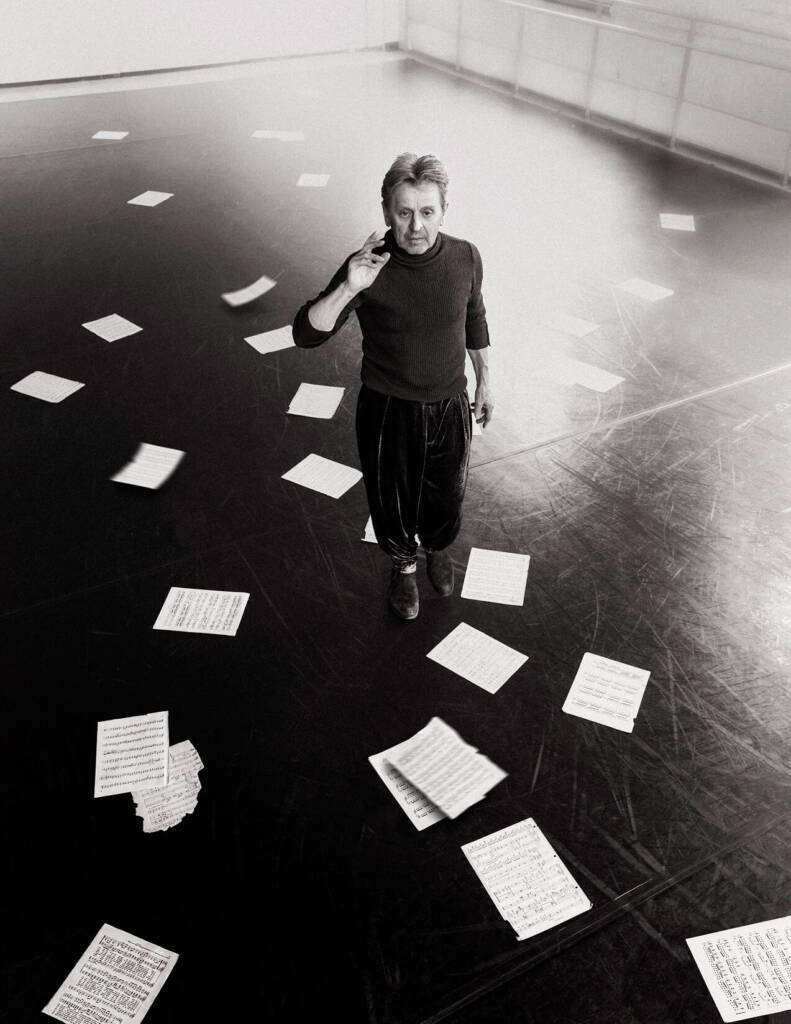
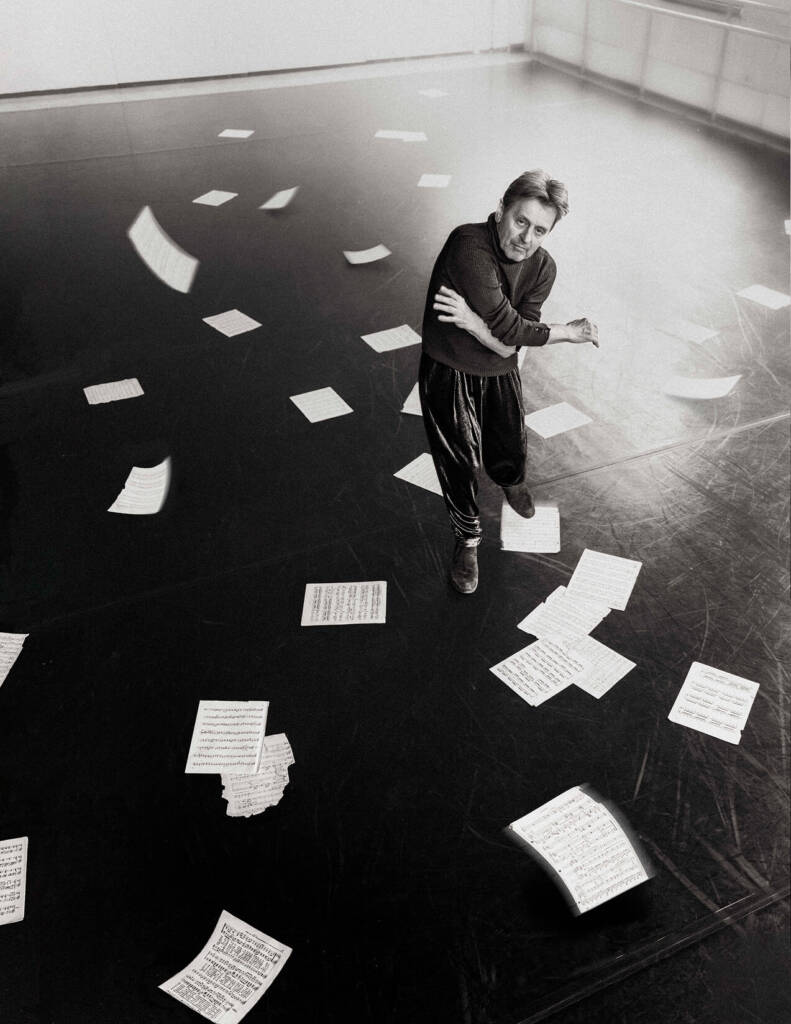
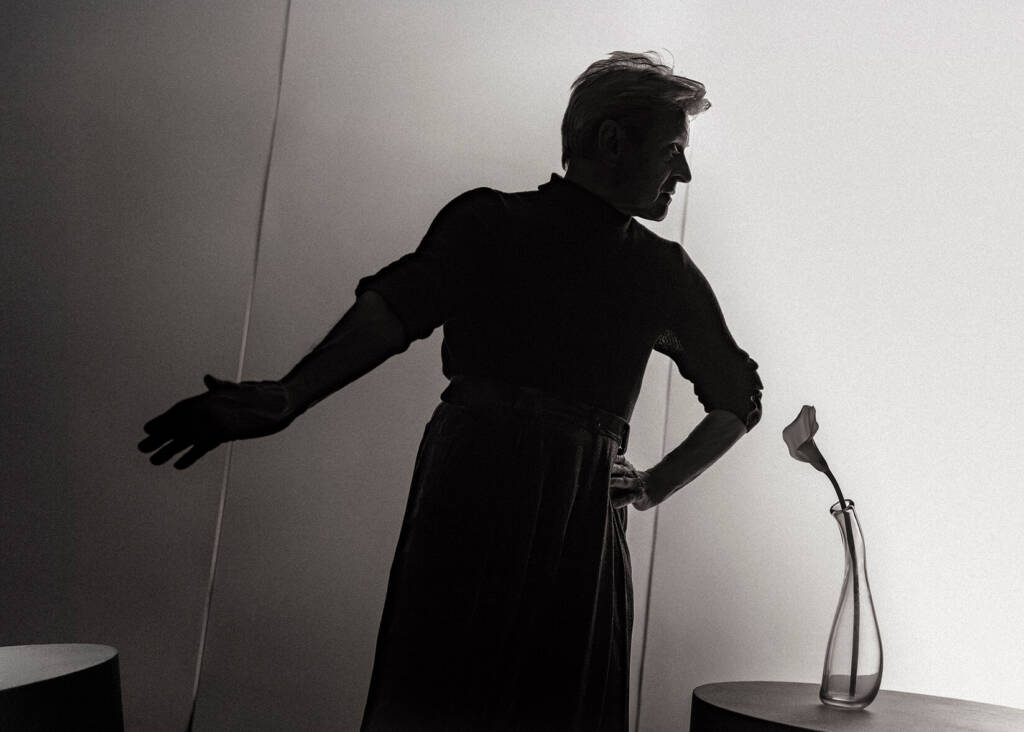
FOREST
h: You grew up in Riga, attended the Vaganova Academy in Saint Petersburg—where you experienced gruelling daily training—and lived under the pressures of the Soviet system until the moment of your escape. How have creativity, inspiration, hard work, and perseverance come together throughout your journey?
MB: Let’s not exaggerate the cliché of gruelling ballet training. Yes, there was physical work, but I loved it. I was surrounded by people who cared about the same things, and quite early, I understood that I was good at it. I was also competitive, so when I was given children’s roles in the Latvian National Theatre, I learned that there was more to dance than jumping, turning, and big smiles. There was nuance. There was depth and meaning. Almost seven decades later, I still reach for those same elusive creatures, no matter what I’m working on. There are no dead ends in that… just the end and the dead.
